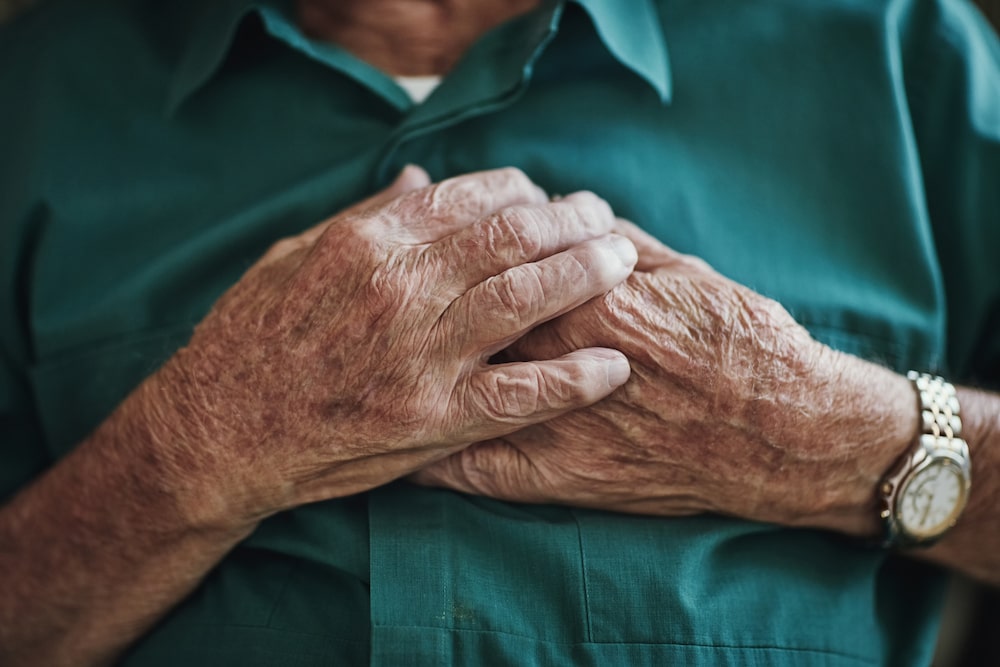A University of Canberra-led study to increase activity levels in heart disease patients has received a $500,000 medical research grant.
Measure It! investigates whether a simple intervention could help increase physical activity levels in cardiac rehabilitation patients, lessening their chances of a repeat heart attack and reducing the load on an overburdened hospital system.
The study is a collaboration between the University of Canberra, Queensland University of Technology, the Australian National University, the University of Sydney, and Monash University.
The trial has been awarded a $510,070 grant under the 2021 Medical Research Future Fund (MRFF) Cardiovascular Health Mission scheme.
Lead researcher Associate Professor Dr Nicole Freene says that only 15 per cent of those attending cardiac rehabilitation achieve the recommended physical activity levels – but a pilot study found that if a health professional regularly measured physical activity, that number increased.
“Having sufficient time to do this and promote physical activity has always been the major stumbling block for clinicians,” she said.
The Measure It! intervention was developed to take clinicians less than five minutes per patient.
It combines self-reporting with data recorded by a wearable activity tracker, followed by brief advice on how to increase physical activity.
“That self-reporting aspect empowers the patient, but also makes them consider what kind of physical activity they incorporate into their lives,” Dr Freene said.
The study will run over 24 weeks, with 190 participants from five cardiac rehabilitation programs in the ACT and NSW.
“Measure It! has the potential to drive changes in the way cardiac rehabilitation is delivered, in a way that is both time- and cost-effective,” said Dr Freene.
“We just want to help people to lead more physically active lives – which leads to greater quality of life and longevity, improved recovery, and better physical and mental health outcomes. It also lessens the likelihood of ending up in hospital because of a chronic illness like heart disease, and that will ultimately reduce the strain on our hospital system.”



